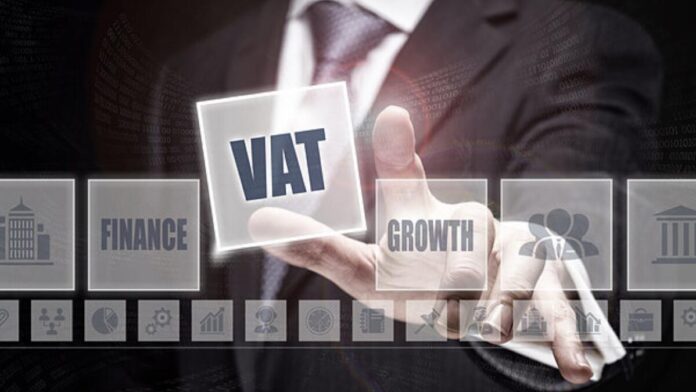What is VAT finance?
VAT finance is a type of short-term business loan that allows businesses to borrow money against their outstanding value-added tax (VAT) invoices. This can attract companies struggling to manage their cash flow, as it can provide them with much-needed working capital to keep their operations running smoothly.
How does VAT financing work?
When a business applies for VAT financing, the lender will evaluate the company’s invoices to determine how much they are able to borrow. The lender will then wire the borrowed funds to the business’s bank account, and the business must repay the full loan amount in addition to any accrued interest and fees. The repayment schedule will be agreed upon when the borrower receives the loan; the business should ensure that they have enough money to cover the repayments. In most cases, the borrower must repay the loan within 12 months.
VAT finance can be a valuable tool for businesses that have to pay large amounts of VAT regularly. By using a VAT finance facility, businesses can spread the cost of their VAT bill over several months, making it more manageable.
What is the standard VAT rate in the UK?
The standard VAT rate in the United Kingdom is 20%. This rate applies to the majority of items sold in the UK, although some exceptions exist. For example, certain food items, children’s clothing, and books are subject to a reduced VAT rate of 5%.
What is the VAT registration threshold in the UK?
In order to be required to register for VAT in the United Kingdom, a business must have taxable supplies that exceed £85,000 in any 12-month period. This threshold is known as the VAT registration limit.
Businesses that are required to register for VAT must charge VAT on all of their taxable supplies of goods and services. They can also recover VAT paid on purchases, reducing the overall cost of doing business.
What are the benefits of VAT financing?
There are several benefits of VAT financing, including:
– It can provide businesses with much-needed working capital.
– It can help businesses improve their cash flow.
– It can be used to finance business expansion or other projects.
– It can be quick and easy to obtain.
What are the drawbacks of VAT financing?
There are also some potential drawbacks to VAT financing, including:
– The interest rates on these loans can be high.
– The loan may need to be repaid quickly, which could strain the business’s cash flow.
– Not all businesses will qualify for this type of financing.
Do you need a VAT number to apply for finance?
You don’t need a VAT number to apply for finance. However, if you are approved for financing, the funds will likely be deposited into a bank account that is registered in your name and therefore will require a VAT number.
Conclusion
VAT finance can be an excellent option for businesses of all sizes. It can help you free up cash flow and provide you with a way to claim back VAT on purchases. However, it’s important to understand how VAT finance works before deciding whether it’s right for your business. If you’re unsure, you could chat with an accountant or financial advisor to learn more about VAT finance and whether or not it could benefit your business.





























